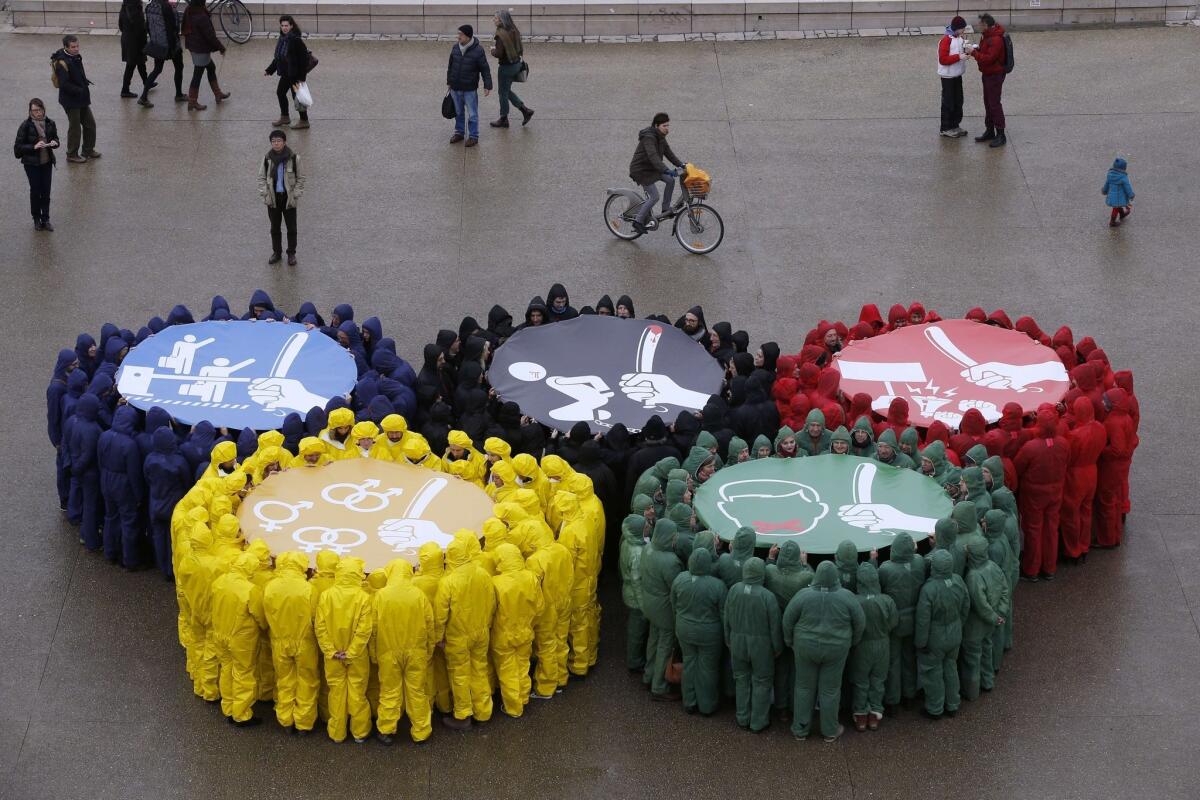Greg Louganis on the Sochi Games: The best response to repression is engagement

I opposed boycotting the Sochi Winter Olympic Games to protest the crackdown on LGBT rights in Russia. In part, that was because I didn’t want to victimize athletes who had worked so hard to make the American team. But it was also because I’m confident that the best response to the mounting repression in Russia is engagement.
American supporters of equality should engage with Russians, and we should do so proudly and boldly. That said, however, we also need to have some humility and a sense of history. It wasn’t so long ago, after all, that LGBT Americans, including athletes, faced ugly, rampant bigotry in the U.S.
Like other American athletes, I was unable to compete in the 1980 Olympics due to a U.S. boycott, but I did compete as a diver in 1976, 1984 and 1988. The public and the media may not have known I was gay back then, but my teammates and opponents certainly did. The message I got from them echoed what I’d heard in church: that there was something wrong with me. Most of my teammates refused to room with me, so I usually ended up having to room with a coach.
Part of my overwhelming drive to succeed grew out of a hope that winning might make me worthy of love. But all the Olympic gold in the world wouldn’t have been enough to change the minds of the bigots.
The pressure and feelings of inferiority, not surprisingly, led to depression, which in turn led to more than one suicide attempt.
When I came out to my mother, she told me she’d had a feeling I was gay. Then she started to cry because, she said, I would always be a second-class citizen and would never be able to marry.
But that turned out not to be true. Americans have made breathtaking progress in recent years. Minds have opened, laws have changed. In October, my soul mate Johnny Chaillot became my husband, something neither my mother nor I would have believed possible not so long ago.
Here’s another sign of progress: Of the nine people in the U.S. delegation to Sochi, three are openly gay or lesbian. President Obama took a stand for human rights by naming such a diverse group, and it was exactly the kind of response that’s needed to the horrifying anti-LGBT “propaganda” bill that Russian President Vladimir Putin signed last June. We have to model for Russians a different approach.
The LGBT members of the U.S. delegation are tennis legend Billie Jean King, Olympic skating gold medalist Brian Boitano and Caitlin Cahow, who won two medals with the U.S. Olympic women’s hockey team. They will have an opportunity to represent their country in a new capacity, and they will no doubt do so with the grace and dignity that characterized their athletic performances. Their presence in the delegation shows that the United States of 2014 doesn’t merely tolerate LGBT athletes; it celebrates them.
Last month when I participated in a congressional briefing hosted by Human Rights First, I made clear my hope that American engagement on this issue outlives Sochi. After the closing ceremonies, after the thousands of athletes and journalists have gone home, LGBT Russians will still be there, fighting for the right to live and love openly.
People are understandably wary of public figures who speak out on political issues. But for me, this is personal; this is my life. I’m not a politician or policy expert. As I champion equality in Russia and elsewhere, I see my primary role as a simple one: to be myself, a proud gay man. I’ve always been gay, but I haven’t always been proud. I, along with the country I’m fortunate enough to call home, have come a long way.
California native Greg Louganis is a four-time Olympic gold medalist in diving.
More to Read
A cure for the common opinion
Get thought-provoking perspectives with our weekly newsletter.
You may occasionally receive promotional content from the Los Angeles Times.










